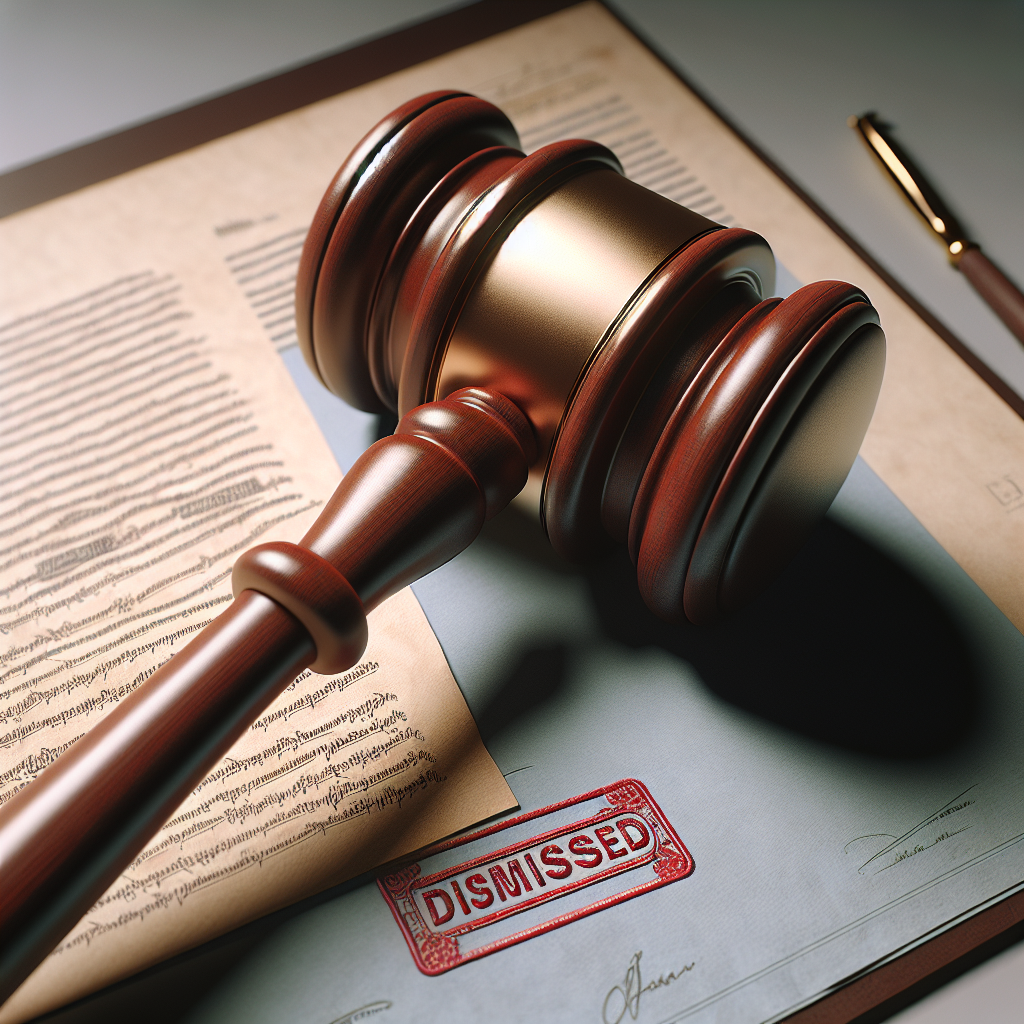A judge on Monday dismissed the federal indictment against former President Donald Trump on charges of mishandling classified documents, marking his second significant legal victory in under a month. This comes on the heels of a historic Supreme Court decision granting him broad immunity. U.S. District Judge Aileen M. Cannon’s extensive ruling highlighted that Special Counsel Jack Smith was improperly appointed, providing a notable win for Trump, even if the decision might be reversed on appeal. Trump’s legal team had previously faced numerous rejections in other courts over similar arguments regarding Smith’s appointment.
The Justice Department is expected to appeal the decision, which could ultimately reach the Supreme Court. Cannon’s dismissal not only drops the charges against Trump but also against his co-defendants, Waltine “Walt” Nauta and Carlos De Oliveira.
Despite potential future reversals, this dismissal adds to a series of recent legal triumphs for Trump, including a broad Supreme Court ruling on July 1 that conferred former presidents with extensive immunity for their official actions while in office.
Attorney General Merrick Garland from the Justice Department refrained from commenting on the ruling, and there was no immediate response from Smith’s spokesperson. Trump, via social media, called the dismissal a preliminary step, advocating for the dismissal of all pending criminal and civil cases against him, and accusing Democrats of a conspiracy against him — a claim that has been frequently denied by officials at various levels.
Trump’s legal victory occurred shortly after surviving an assassination attempt in Butler, Pennsylvania, and amid preparations for his formal nomination as the Republican presidential candidate at the Republican National Convention in Milwaukee.
Following Cannon’s decision, an anonymous source, potentially called as a witness in the documents case, described Trump as “the luckiest man on earth.” Trump’s advisors have viewed the classified documents case as particularly strong and concerning, involving direct accounts from his close circle if it ever went to trial.
Trump had faced 40 counts of illegally retaining classified defense information and obstructing efforts to retrieve the material. Some documents found in an FBI search of Mar-a-Lago, his Florida residence, contained sensitive information about highly classified U.S. operations, as reported by The Washington Post last year.
Cannon’s opinion focused on the details of special counsel regulations rather than the crimes charged or the evidence collected by prosecutors.
Previously, Trump was convicted in May of falsifying records to hide a hush money payment before the 2016 election. He is currently contesting this verdict, leveraging the Supreme Court’s recent immunity ruling. Two other cases, involving federal election interference in D.C. and a similar state trial in Georgia, are also stalled due to legal challenges influenced by the immunity decision.
Cannon, appointed by Trump, stated that the question of a special counsel had to be addressed before further prosecution. She emphasized that Smith’s prosecution violated constitutional principles concerning the roles of Congress in appointments and authorizing expenditures by law. Cannon critiqued the Justice Department’s inconsistent appointment of special counsels, making it challenging to discern Congress’s approval for modern special counsels like Smith.
Special Counsel Smith’s autonomy distinguished him from previous special attorneys, a significant detail for Cannon. Her skepticism of prosecutors’ decisions in the documents case culminated in this consequential ruling. Earlier, she appointed a special master to review seized documents, a decision later reversed by an appeals court.
Daniel Richman, a law professor at Columbia, noted Cannon’s willingness to embrace bold arguments from Trump’s lawyers. The theory of Smith’s illegal appointment was initially deemed far-fetched, yet it gained traction after Supreme Court Justice Clarence Thomas suggested the necessity for special counsel offices to be established by Congress and for Smith to be confirmed by the Senate. Cannon’s ruling heavily cited Thomas’s opinion.
She agreed with Trump’s counsel that not all aspects of the 1974 Supreme Court ruling in U.S.A. vs. Nixon, which dealt with subpoenaed Watergate materials, were binding. Cannon focused on the opinion’s language about Congress giving the attorney general authority to appoint special prosecutors but concluded it did not dictate the constitutionality of special counsels.
The crux of Trump’s argument is that Garland’s designation of Smith as acting independently necessitates Senate confirmation, which he did not receive. The special counsel team countered that Smith is not a principal officer, arguing that Garland oversees significant decisions and adherence to protocols.
In a rare move, Cannon allowed external groups to present their arguments on Smith’s appointment during hearings last month, demonstrating the unusual breadth of the legal discussions surrounding this case.
